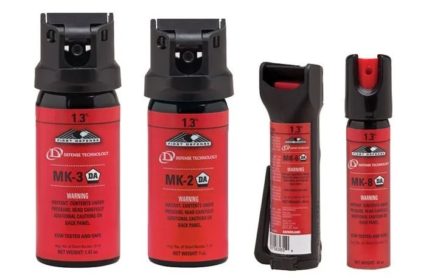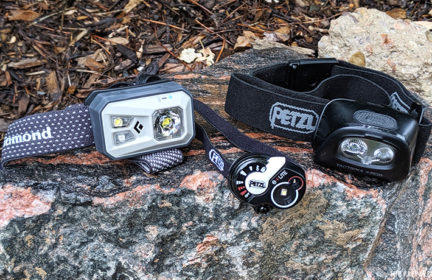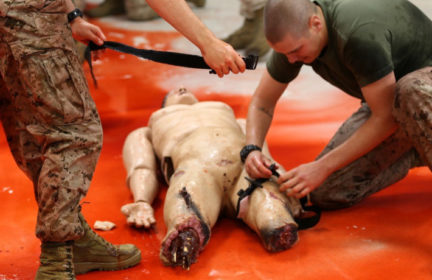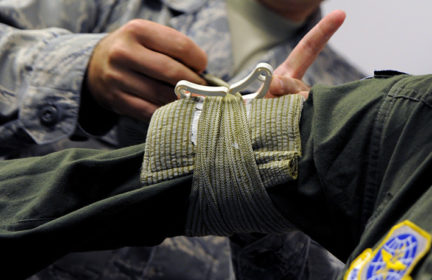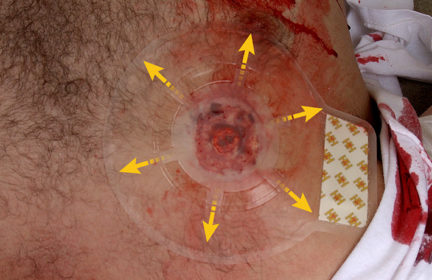Trail runners: What do you carry?
Fairly new to prepping and while I have been a runner for years, I have only recently moved to the PNW where glorious trails are everywhere and wonderful to run on for hours. I have thought about what I should carry with me on trail runs below and am curious to anyone’s thoughts & suggestions on this. I would feel like I am mostly concerned about wounds, bugs, & leg injuries than anything else, at least while in areas with cell service. Weight is an important factor as I need to keep good balance and form. Definitely want to ensure I am thinking about this the right way.
Most of my runs are near town and while those closest to town are fairly well traveled, I can easily go some distance and not see another person for miles. I also prefer to run in the late afternoon/evenings so need to be ready to sit around for some time if I become immobilized while waiting for help. I see this in two situations since most of my running is near town with cell service while I could always drive an hour or two out to find trails in the wilderness where I am happy to add a few pounds of gear for piece of mind.
In both situations, I have a trail running vest with several pockets and a water bladder with 1.5L capacity
Also, I haven’t yet gone for a remote trail run yet with this planned bag, not sure about total weight
With cell service/near town: ~4-5 lbs.
Phone
GPS watch (garmin forerunner) – on wrist
water filled to the situation (temperature, length of run)
~400-500 calories (gels, typically, which fuel the run, I always over pack this)
Emergency blanket
Whistle
Flashlight
IFAK – Very light with wound dressings, bug bite things, compression wrap, pair of gloves
Tourniquet
No cell service/remote areas:
Phone
GPS watch (garmin forerunner) – on wrist
Water fully filled
~800-1k calories
E-blanket
Whistle
Flashlight
IFAK – same as above
Tourniquet
Mirror
Folding knife
Ferro rod
Map + Small/basic compass
Wilderness wipes
Depending on the area, may bring a jacket wrapped around waist even if it is warm
Thanks!
*note on the GPS watch, I love this even when hiking/backpacking/camping as I can save locations on it and have it point back to those locations with direction & distance. Its just an every day thing that could be useful for non-runners.
-
Comments (22)
-
